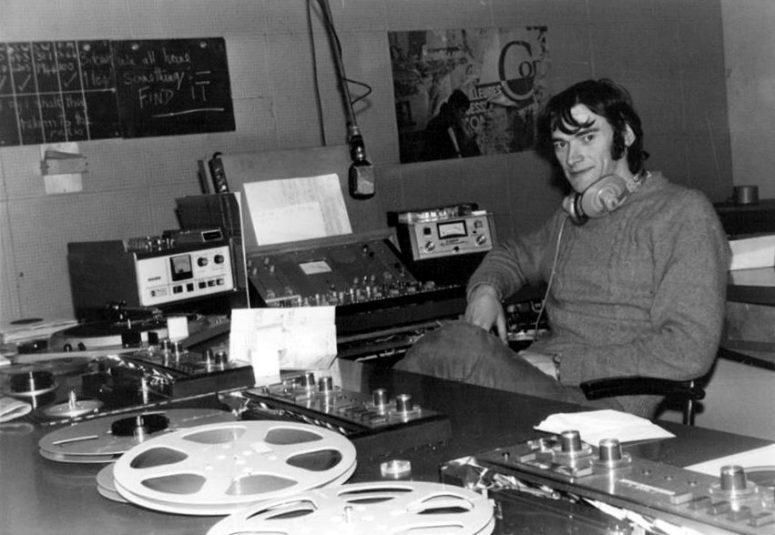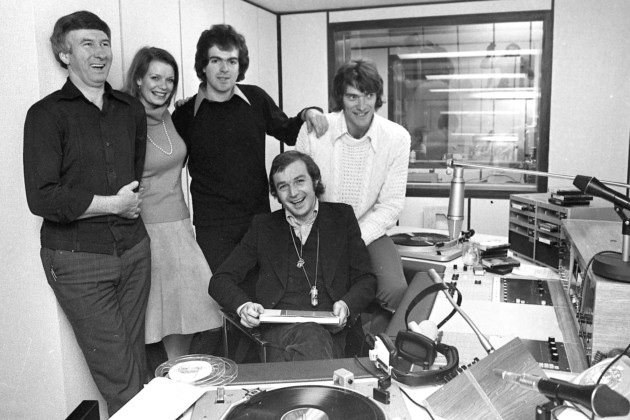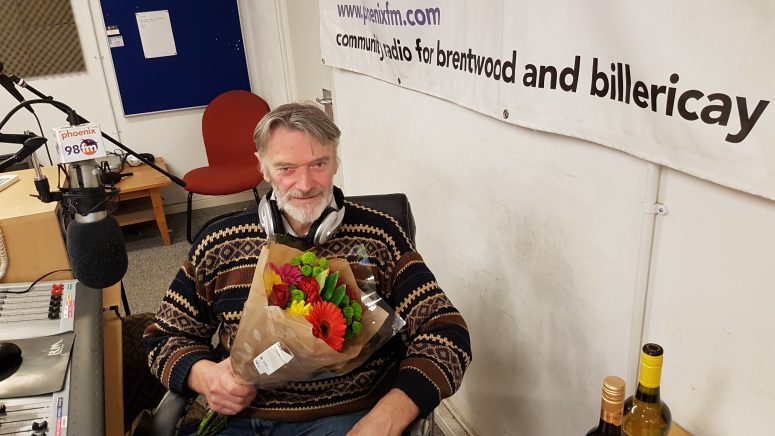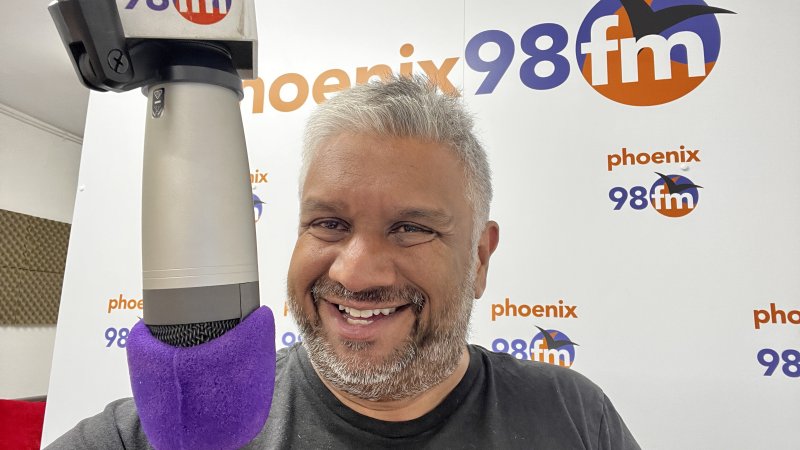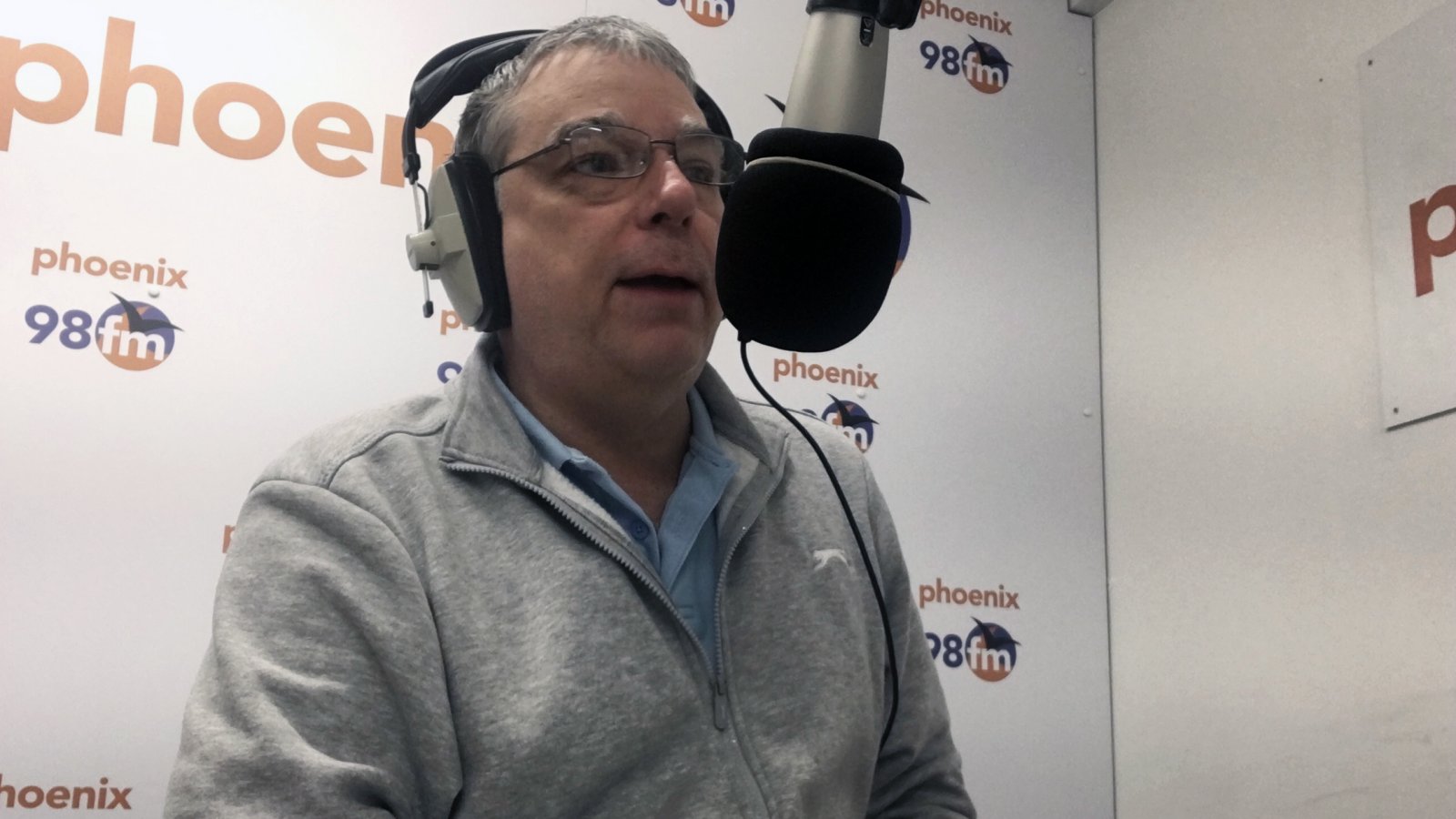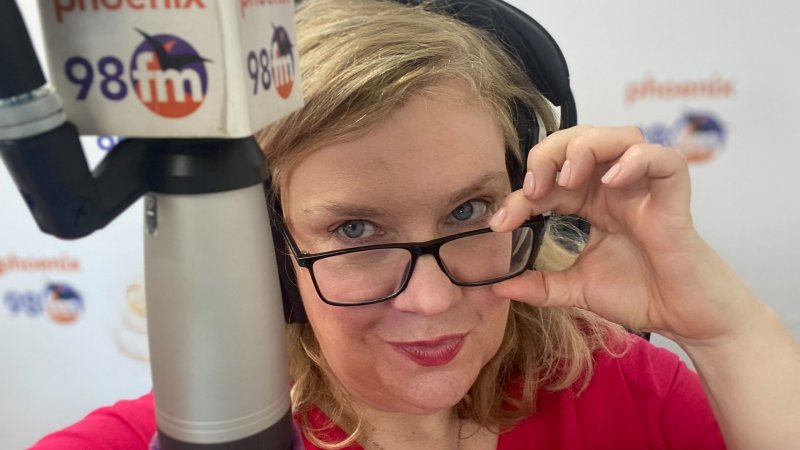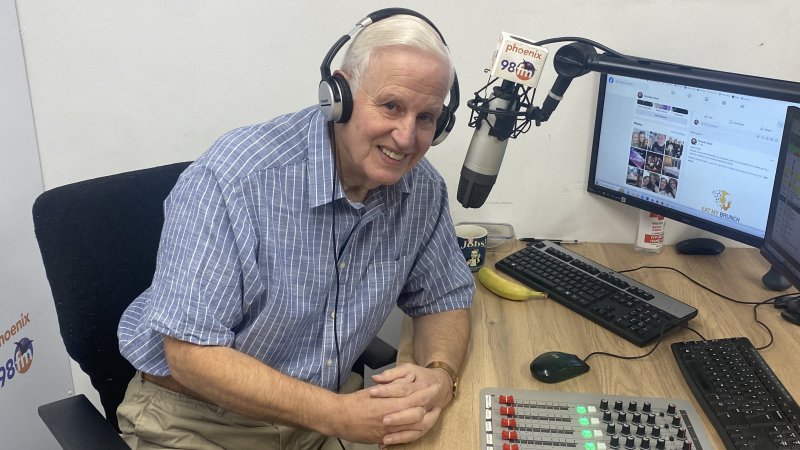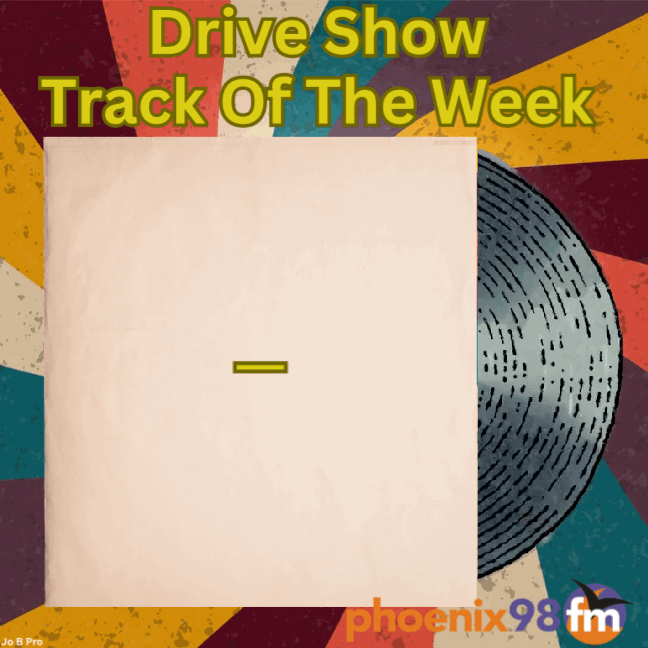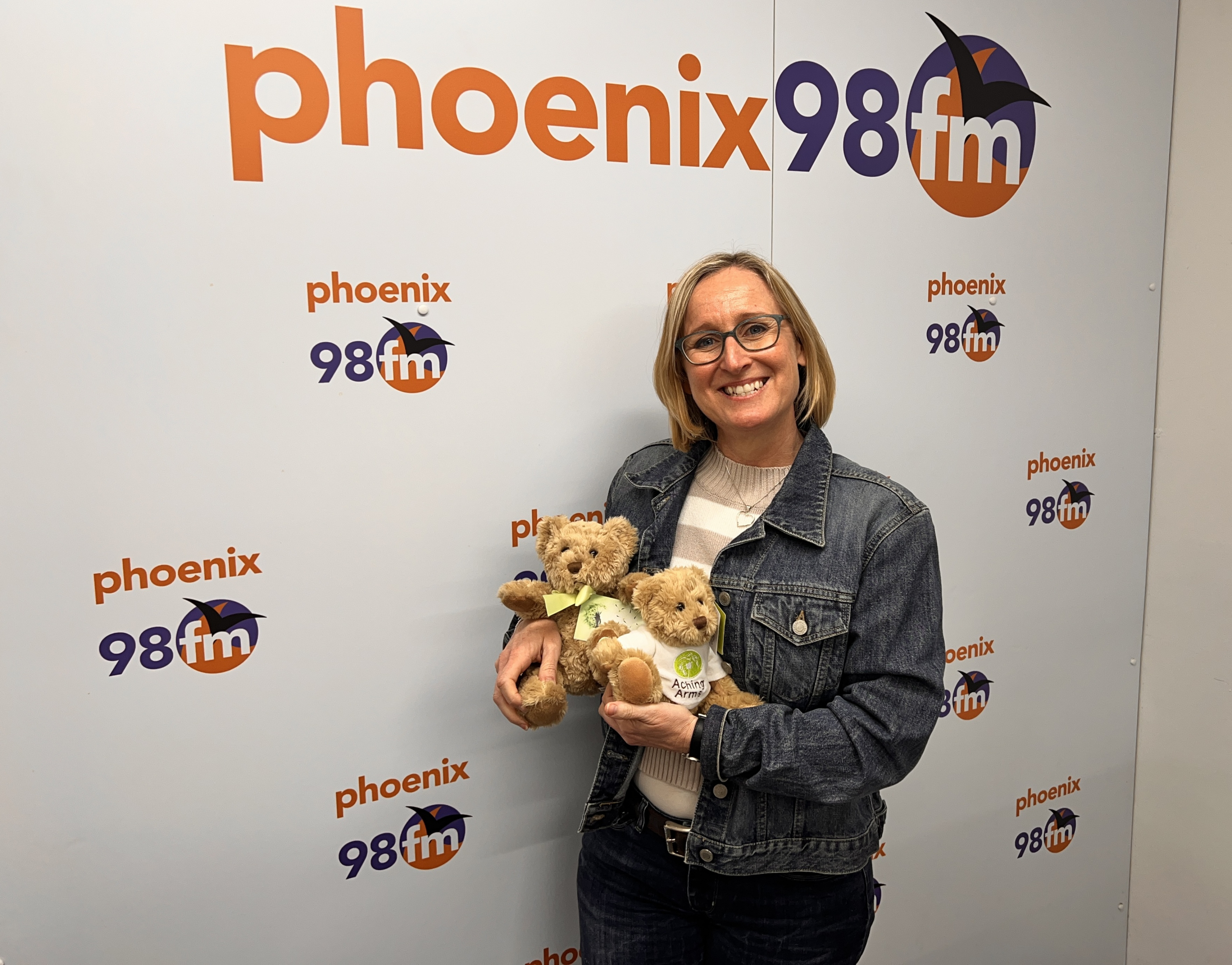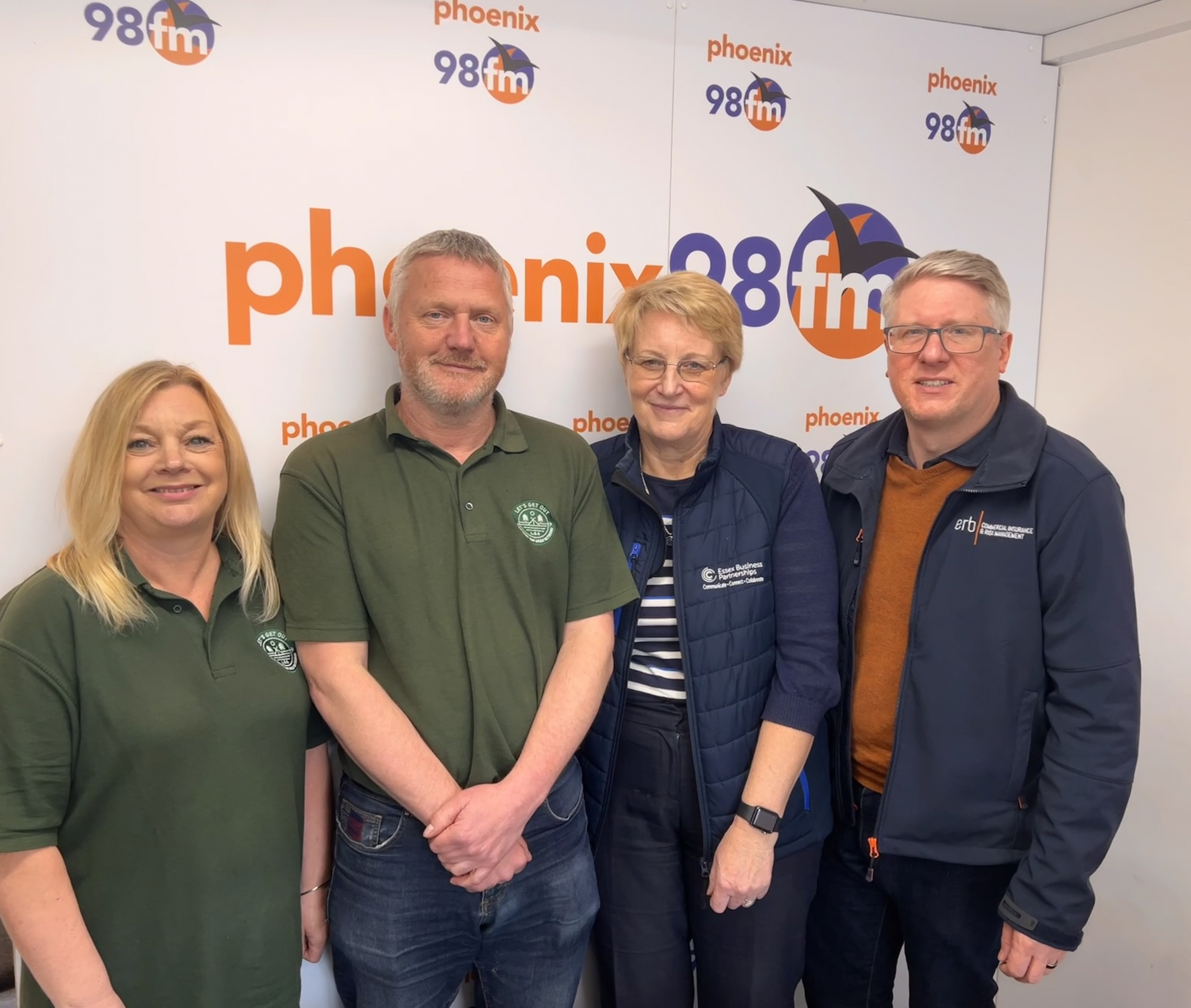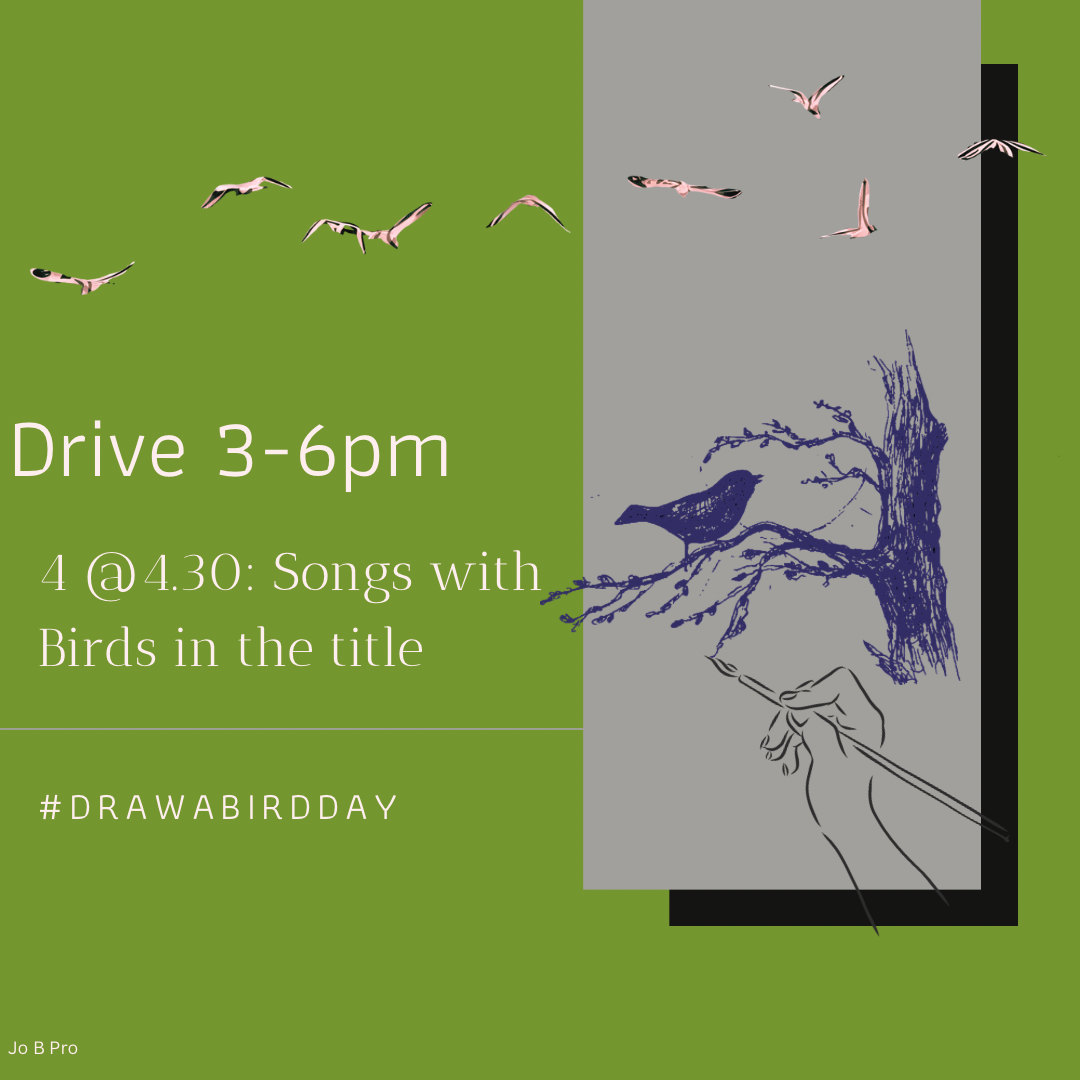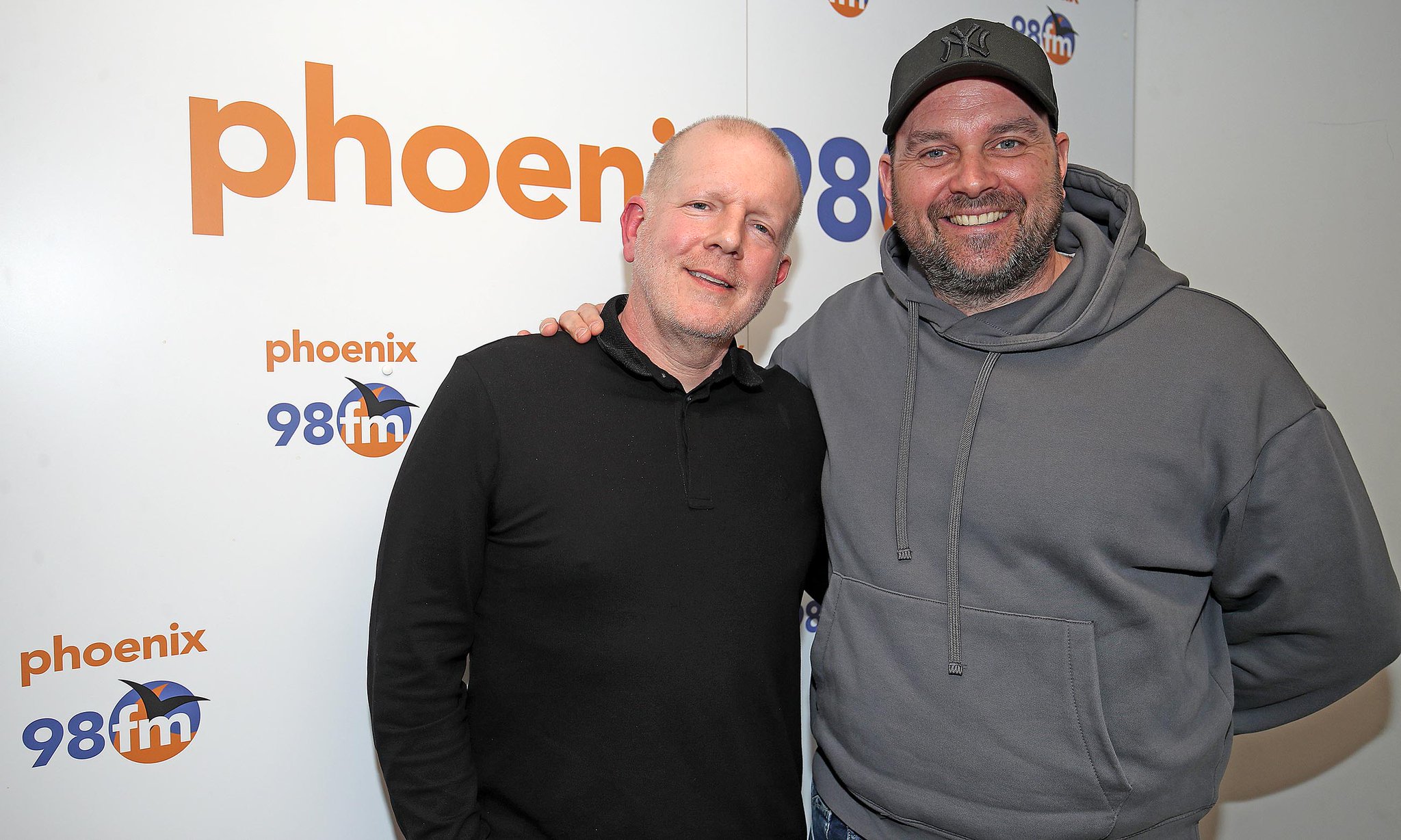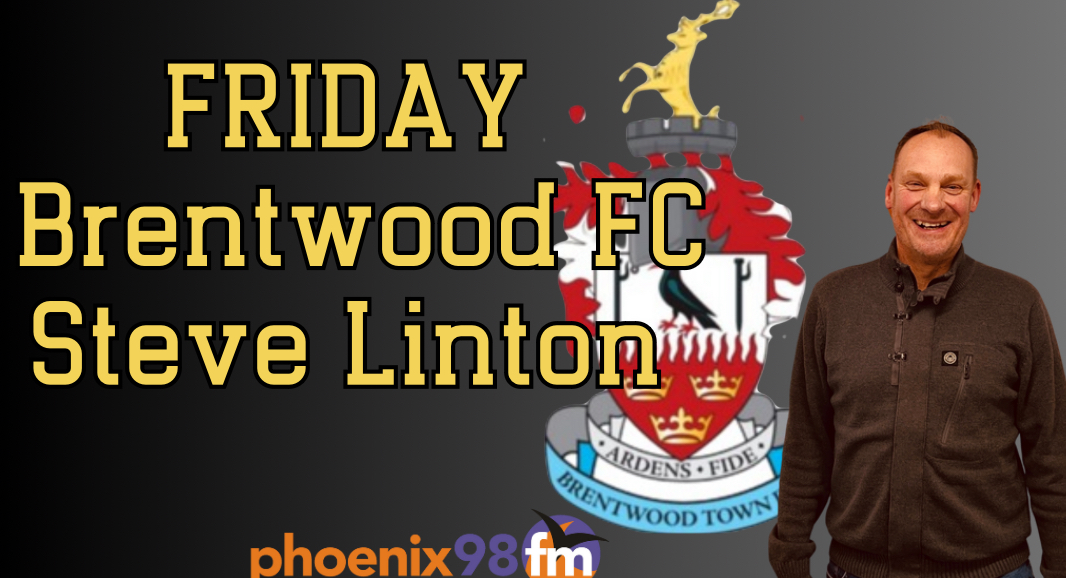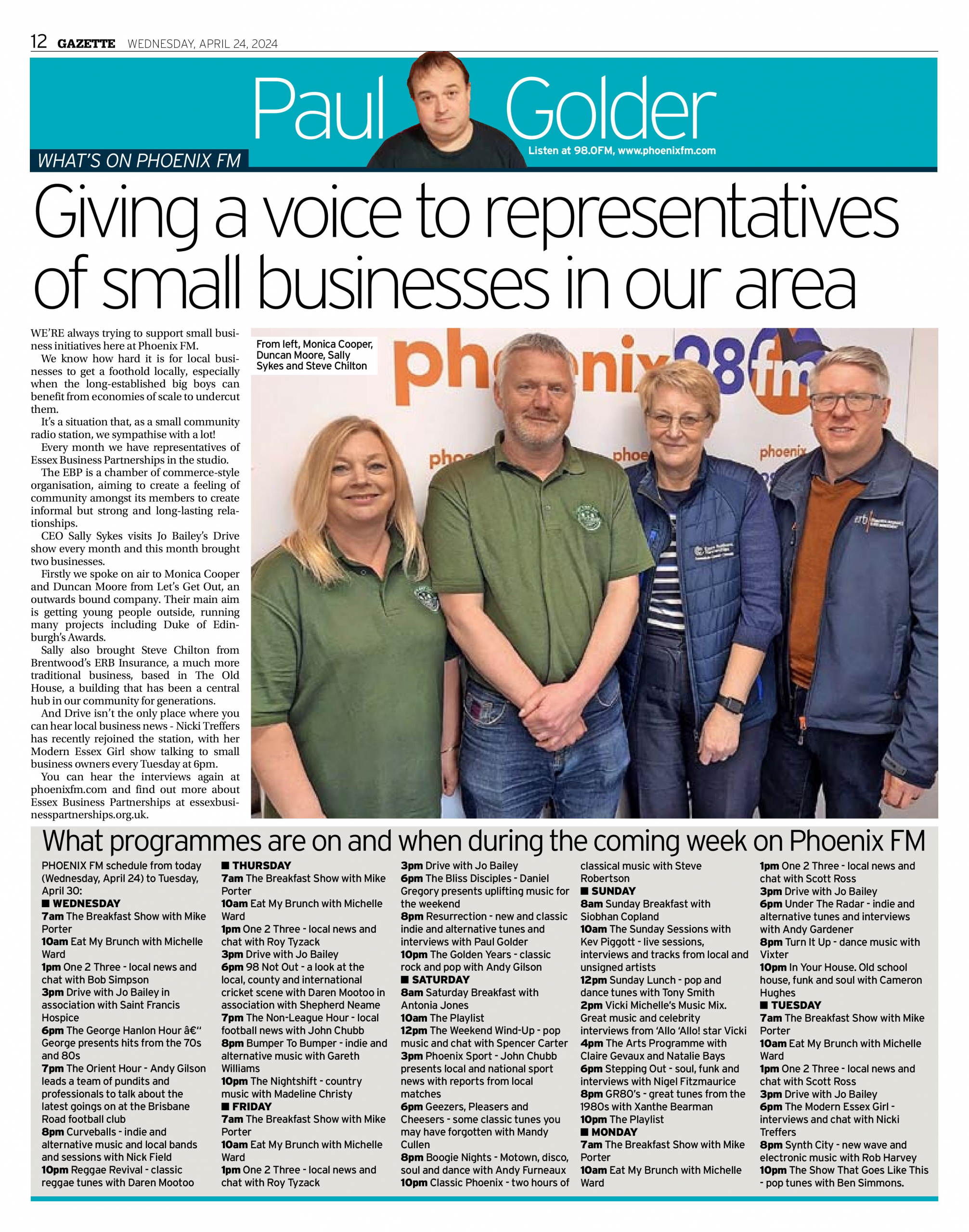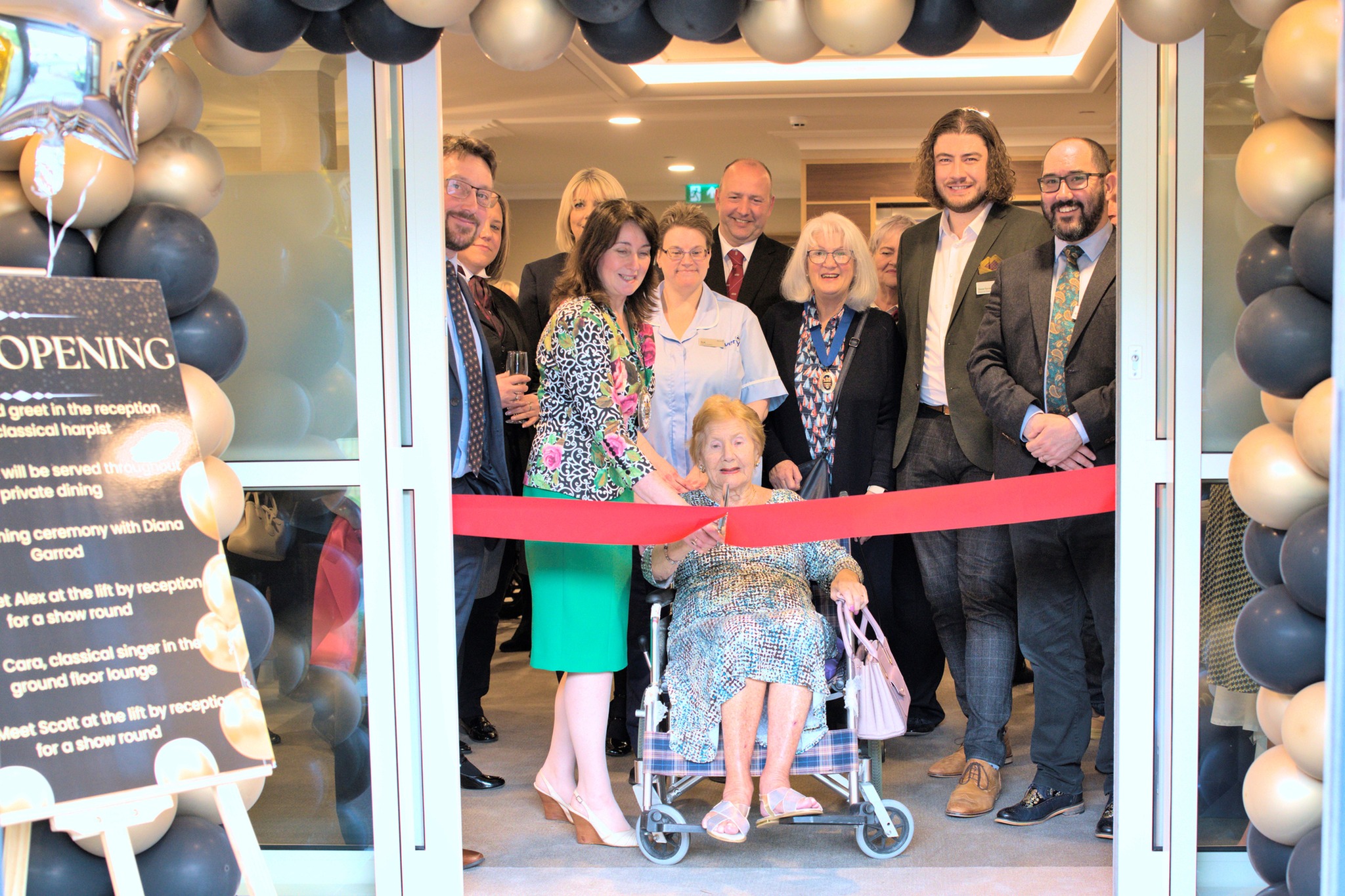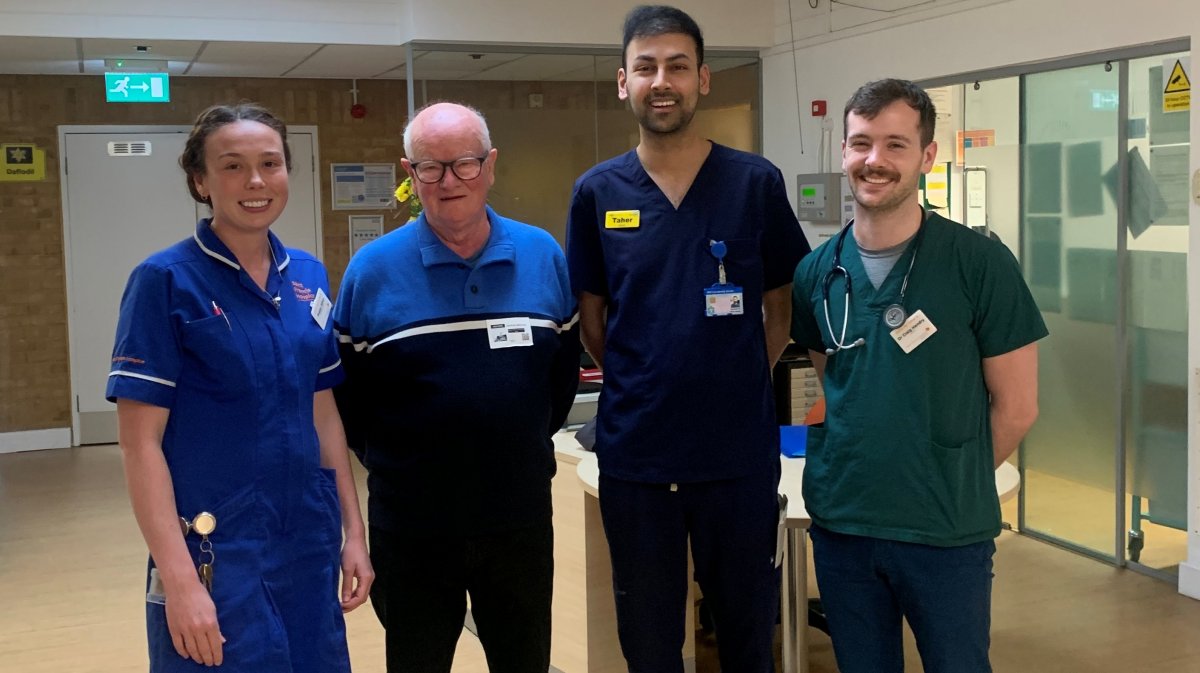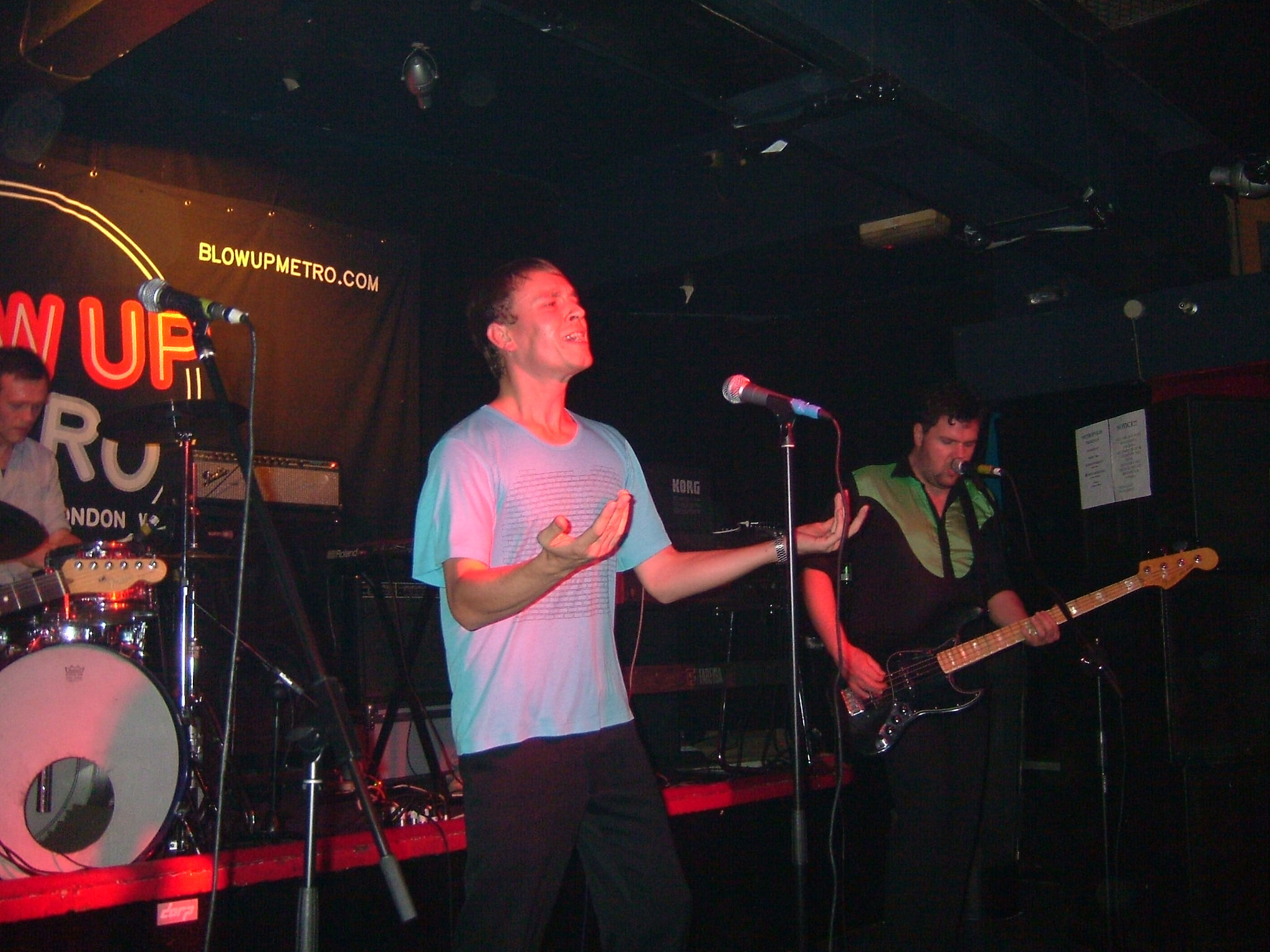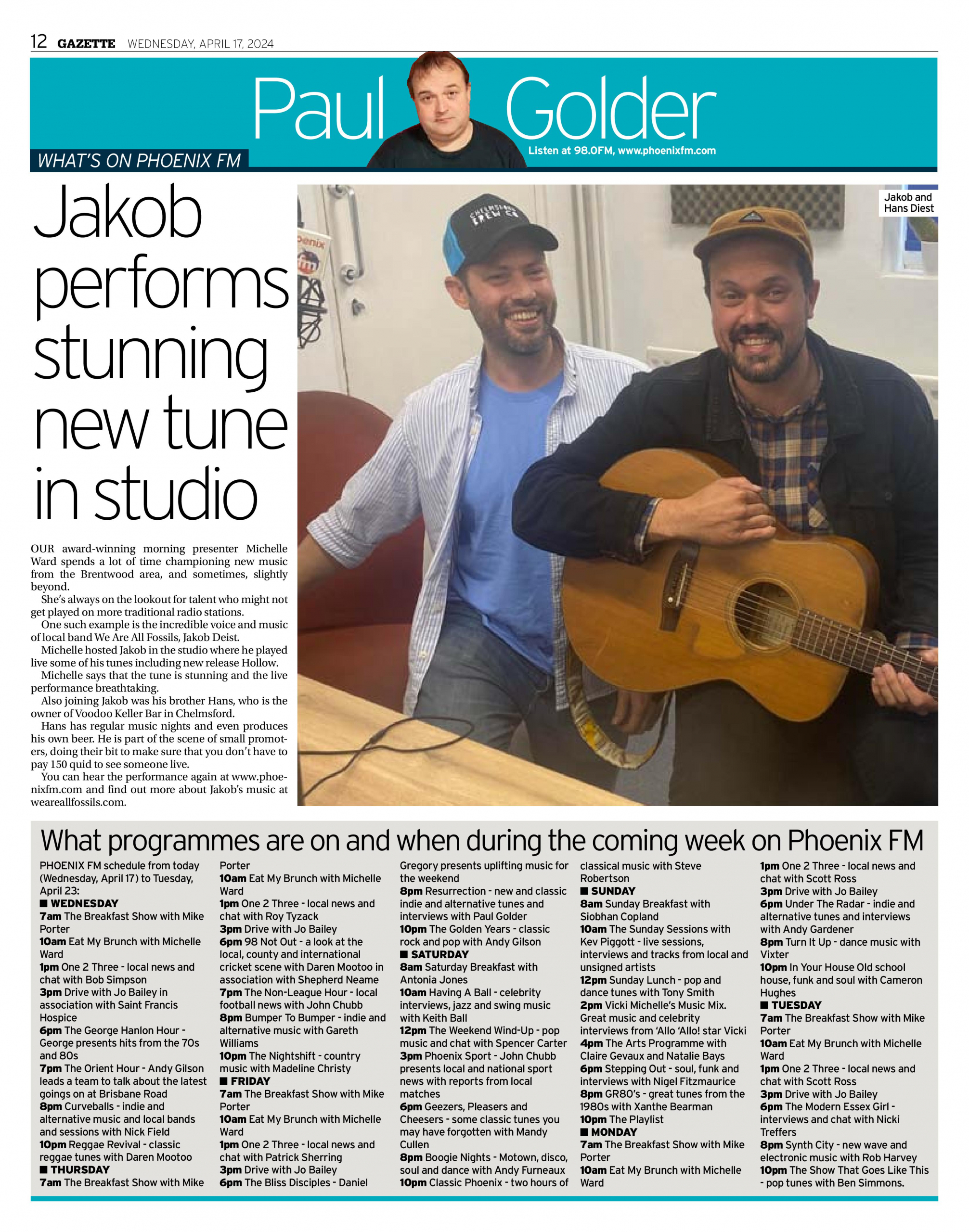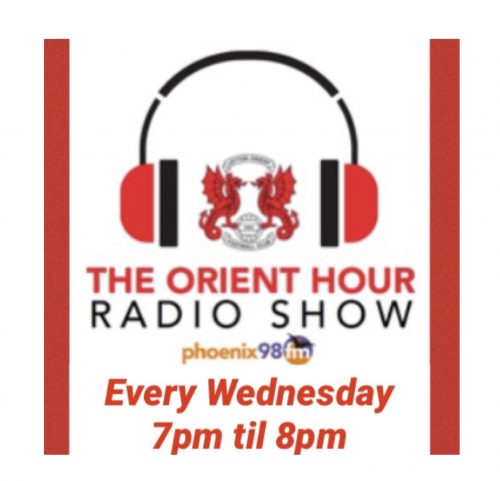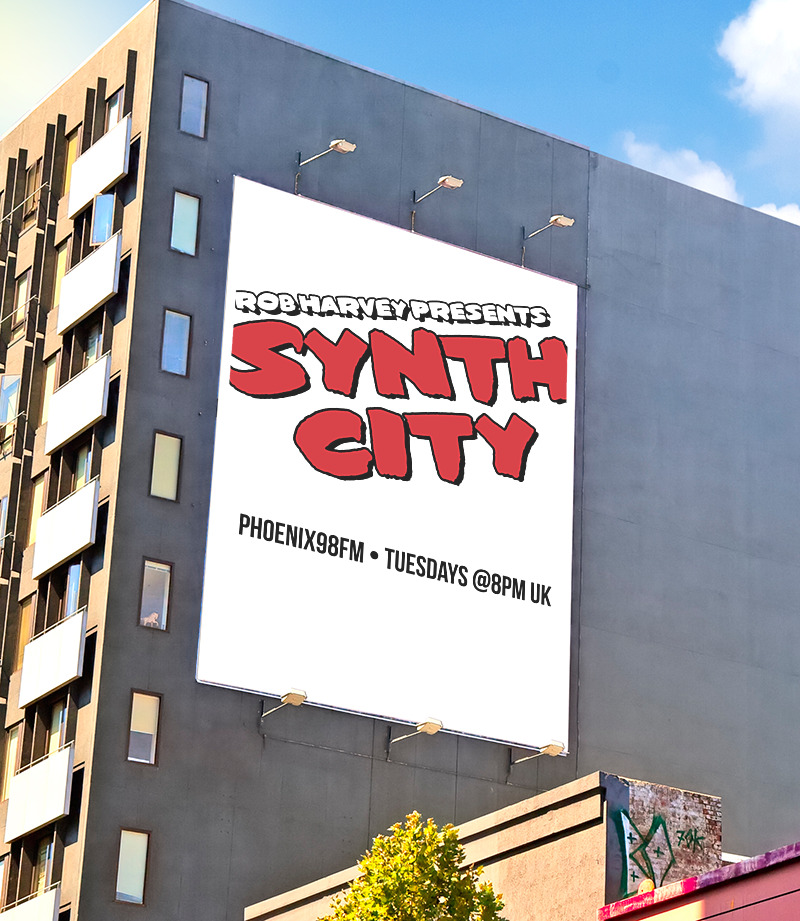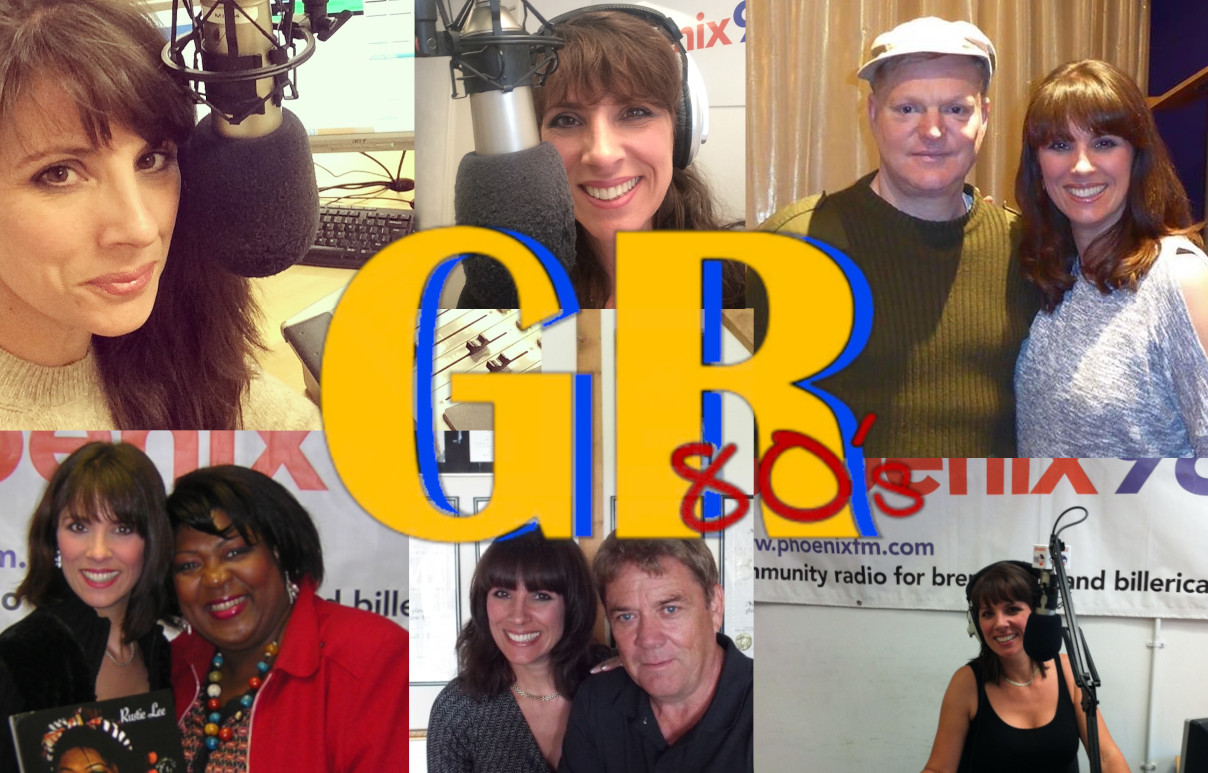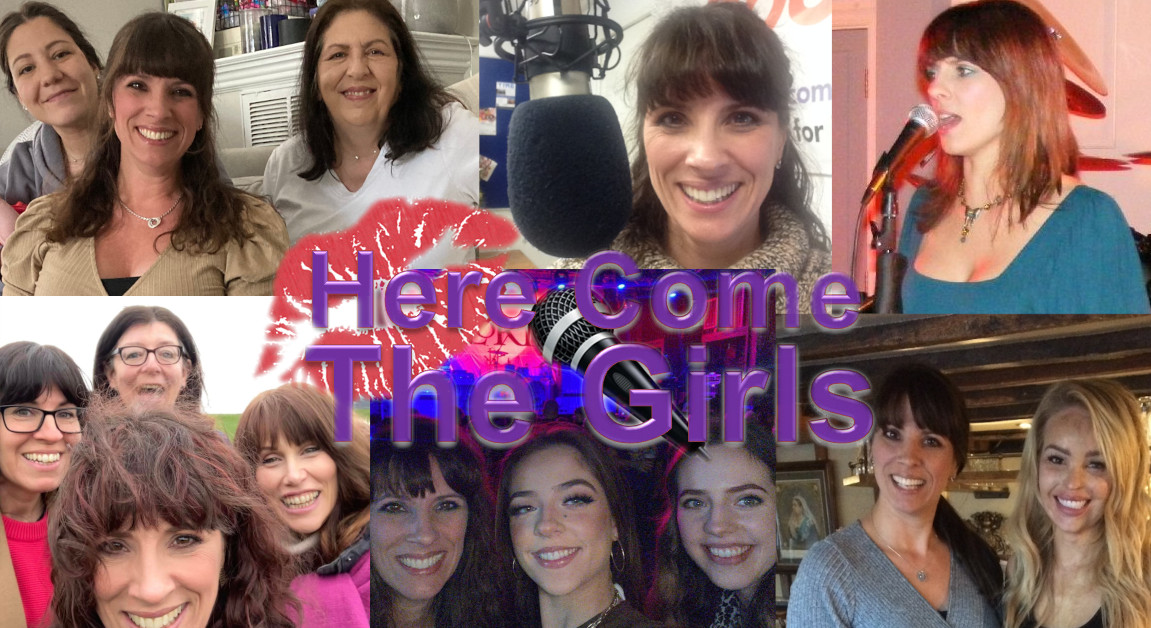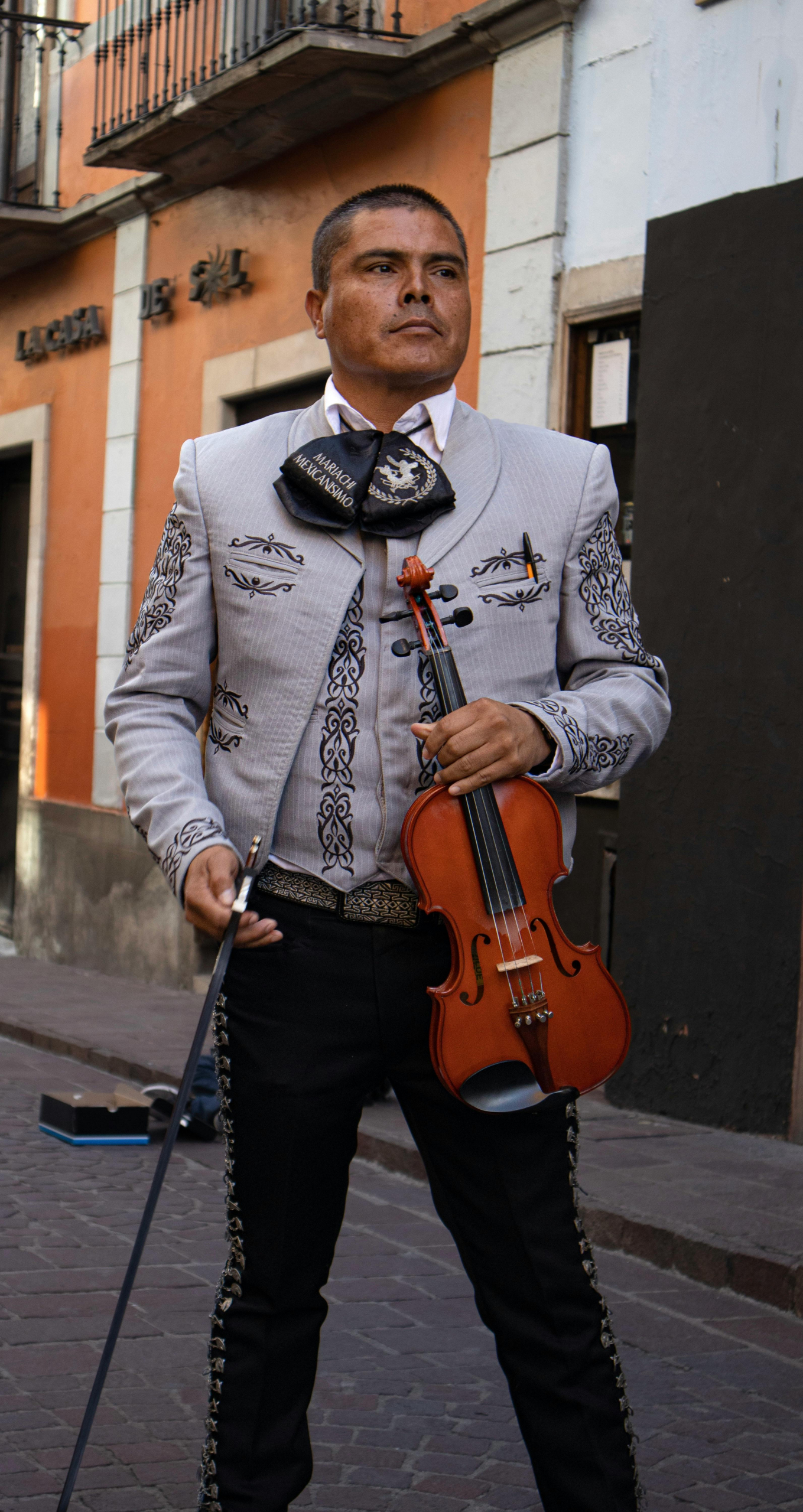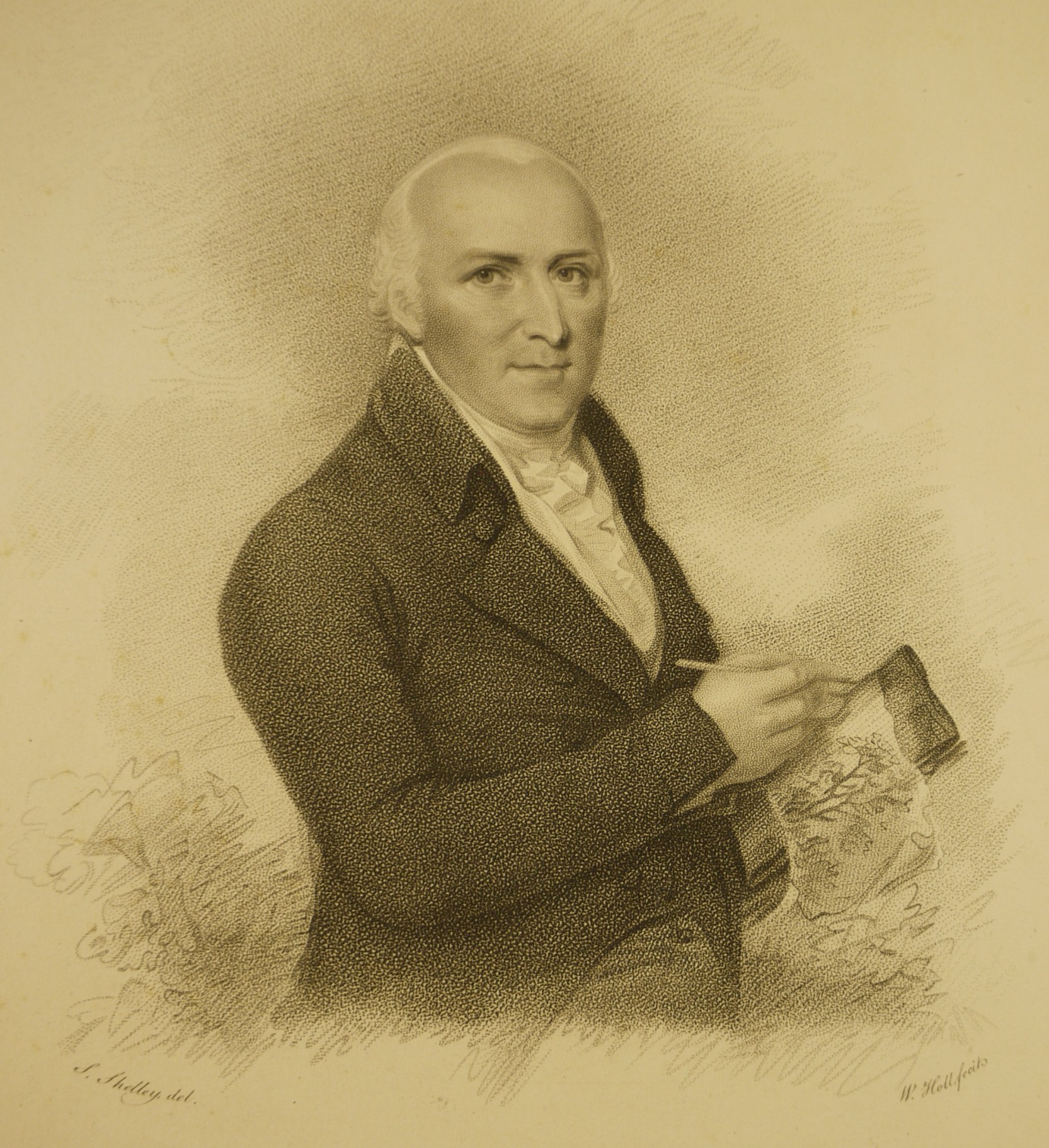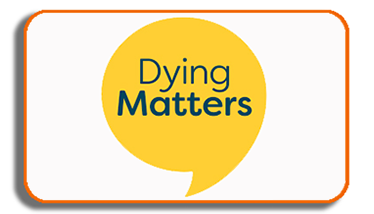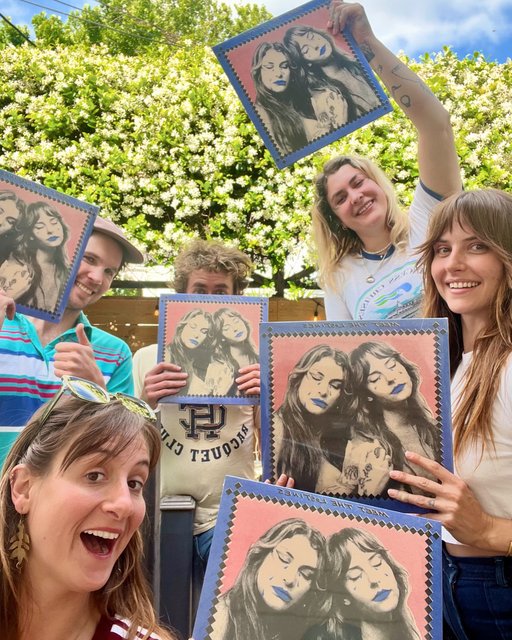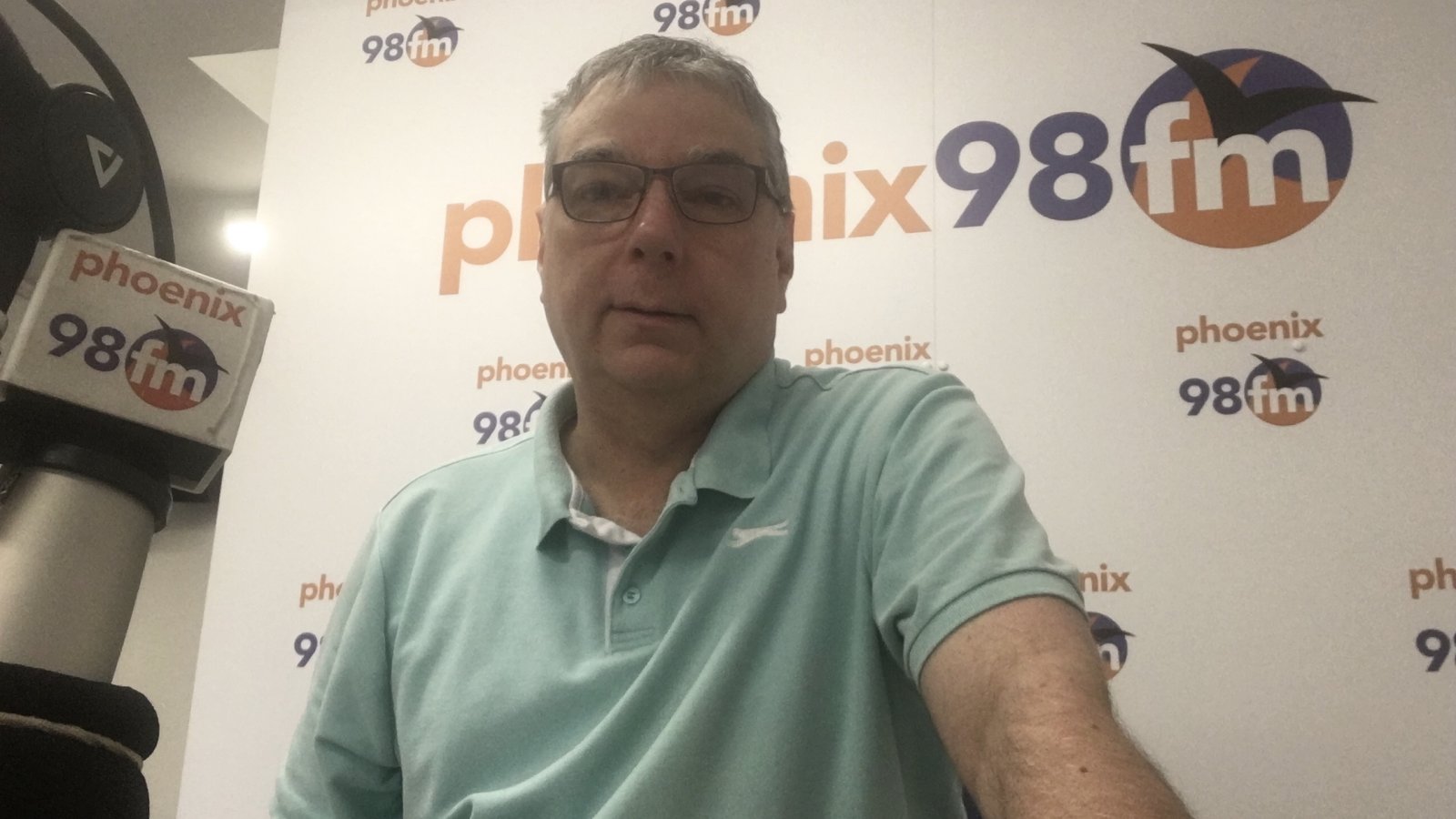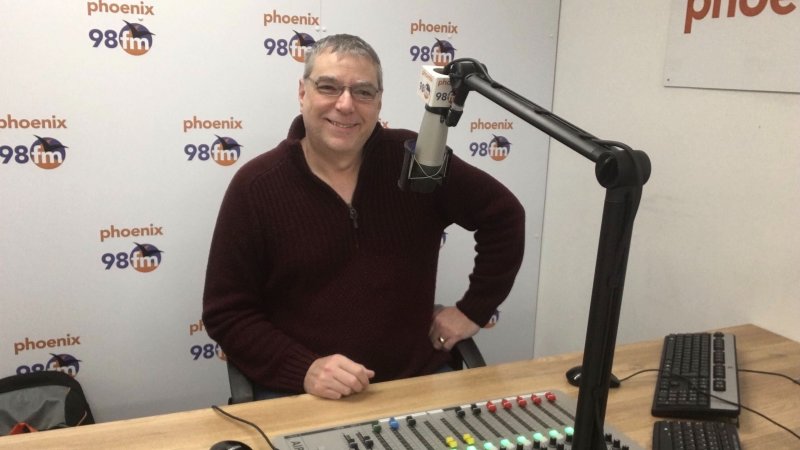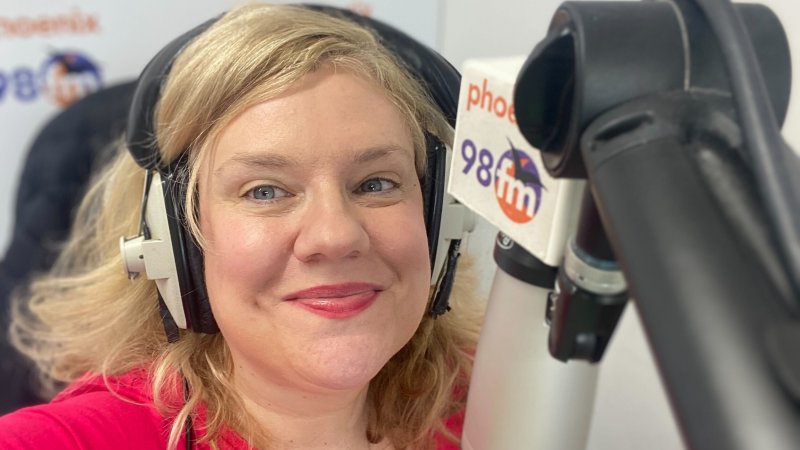After 662 shows for Phoenix FM, Keith Rogers is finally hanging up his headphones.
Keith saying goodbye to his listeners.
However Keith Rogers’s radio career has been a lot more than these last three years here at Phoenix FM. We had a chat with Keith about his life behind the record decks.
What’s your earliest musical memory?
My very earliest musical memories were back in the 50s – things like The Ballad Of Davy Crockett by Fess Parker, which was on a 78 bought for me by my mum. I didn’t listen to much rock and roll.
I started to get interested in pop music by the early 60s. There wasn’t a lot of pop music before that – it was all middle of the road stuff and novelty songs
By the early 60s you had Elvis, the Everly Brothers, Bobby Vee, Buddy Holly, that kind of thing. I then got very interested and that kind of music followed me throughout the 60s.
Were you able to hear those songs on the radio at the time?
We had Radio Luxembourg, which played pop music on 208 metres medium wave.
Because it was on medium wave, you could only really hear Radio Luxembourg in the evening and the signal used to fade in and out. But you didn’t think “oh, the quality is terrible” – because there was no alternative, you just accepted it.
The signal improved in the dark, so it was better in winter than in the summer when we had longer hours of daylight. As it got darker, the signal got stronger.
We had Pick Of The Pops on Sunday with Alan Freeman, Saturday Club and one or two others. If you listened to Housewives’ Choice there would always be a couple of songs on there that were chart hits. But it wasn’t that easy to listen to pop music until the pirate stations came along in 1964.
I was in the West Country at the time, and it wasn’t easy to pick these stations up at the time as a lot of them broadcast from the North Sea.
We had a few tricks to help with reception. If you wrapped a long piece of wire around a radio and threw the other end up in a tree, that would greatly amplify the signal. There was a thing called a Dewtron wave trap which did the same thing – this had a tuning device and you ran it parallel to the ferrite rod in the radio and that boosted the signal too.
I don’t think I was particularly aware of the pirate stations until I left Devon and went to work in Weston-super-Mare in 1965. Radio Caroline and Radio London were the two best known ones.
What made you want to be a DJ?
I never had any ambitions to be a disc jockey. After working in Weston-super-Mare I went back to my home town of South Molton in Devon, on the edge of Exmoor. In 1966 I started to help out with the running of a local disco – it was one of the first in north Devon.
Initially there weren’t any announcements – we just played the songs back-to-back. Gradually I started to say a few words between the songs, and I thought this was quite good fun.
I bought my own equipment and started to run a mobile disco. After a while I thought I might enjoy radio more – I wasn’t really a typical club DJ.
Where did you start?
By now the UK pirate stations were closing down. In 1967 the Marine Offences Act came out which effectively closed all the stations down. The government couldn’t close the stations down because they were broadcasting in international waters, but they made it illegal for you to work on the stations, or supply them or advertise on them.
I sent a tape to Radio Northsea International – a Dutch/Swiss station which started in 1970 and I got accepted by them, and started at the end of that year. I stayed there for about a year or so, and broadcast under the name Dave Rogers.
The boat was moored off Scheveningen in the Netherlands and you had to take an 8 mile trip on a tender to get onto the boat. It was perfectly legal because the Dutch and Swiss governments didn’t have Marine Offences Acts at that time.
Keith on RNI in 1971
Technically I could have been prosecuted because I was still working on an offshore station. I was stopped once by some detectives when I came back to Southend Airport, but nothing ever happened.
I did my last stint on RNI in 1972. Commercial radio in the UK started in 1973. I went to London and sent a demo tape to Capital Radio. I was interviewed by Dave Cash for a late night position, but I didn’t get it, so I went back to Devon and worked in a bath cube factory.
In 1974 I got an invitation to work for a Flemish station, Radio Atlantis. I did about 6 months with them but the station then closed.
How did you get involved in commerical radio?
At the end of 1974 I went to work for Radio City in Liverpool. They were the 9th station to win a commerical licence. I was presenting the weekend breakfast show, but I was living in Devon and commuting to Liverpool!
The station paid my expenses – which was more than what they were paying me for the show!
I used to come up on Fridays – I would get a bus from South Molton to Taunton, then I would get the train via Bristol to Birmingham and then Liverpool. It was a long journey!
I slept in the production studio. I took a sleeping bag with me and took the cushions out of reception to sleep on. Station management knew I was sleeping there but they didn’t mind – it was handy for them to have someone on the premises.
Rob Jones, who was then doing the overnight show, would wake me up at 5.30am. (Rob went on to Radio Luxembourg).
I’d do the show on Saturday morning and again on Sunday morning and then come home on Sunday.
I stayed with Radio City for about three months. I was freelancing, and the management suddenly realised how much I was costing them and my job came to an end.
I had sent a recording of my show to John Wellington, who was launching Radio Orwell in Ipswich in October 1975. He accepted me and I went back to Devon knowing that I had a job to go later that year.
That summer I found myself a job working as a barman in the Marisco Tavern, the only pub on Lundy Island! It was one of the best times of my life – it was a very relaxing atmosphere and I had big chunks of the day where I could relax because the bar was only open for a few hours every day.
There still weren’t that many commercial stations – we were the 16th to go on air. I bought a house in Ipswich, as Orwell was a full-time job as opposed to weekends only.
It was a good time because all the record pluggers would come and see us – there were so few stations that this made us quite important. It was good fun as we would get taken out for meals while they would be talking about their new songs. We’d get visited by a dozen pluggers a week – so I never had to worry about my lunch!
Some of the Orwell team in 1975. L-R: Harry Rowell, Katie Glass, Greg Bance, Andy Archer, Keith Rogers.
I had a few good interviews at Orwell. My greatest interview was with Marc Bolan in 1977 – not long before he was tragically killed in a car accident. Sadly we didn’t keep a copy of the interview.
I also recorded a tribute to John Lennon the night he was killed in 1980, with another Orwell DJ, Andy Archer. I remember we rang up Cilla Black – she was in Spain and we managed to get hold of her. I’m not sure she was aware that he had died when we spoke to her. That’s another recording I wish we had kept. (If someone has these recordings let us know!)
A lot of big names used to visit the Gaumont Theatre in Ipswich. (This is now the Regent Theatre). I interviewed country singer Don Williams there, and another one, Crystal Gayle, came to the station. I had a good interview with the drummer with Mud, Dave Mount.
(Radio Orwell becamse SGR in 1992 and then was renamed Heart Ipswich in 2009. Heart merged the station with Heart Norwich the following year to become Heart East Anglia).
Essex Radio was launched in September 1981. The guy who had been running Radio Orwell, John Wellington, left to launch Essex Radio and invited me down. I was going through a bit of a rough patch at Orwell – they had shifted me to a late night show which interfered with my social life, so I was happy for the opportunity to leave.
I moved down to Essex and stayed there for 14 years, until 1995. In those days Essex Radio sounded very much like BBC Essex does today. There was a lot more chat; we had a 50:50 ratio in our licence. Most of the chat was in the morning show and we’d have all sorts of people coming in to talk.
Phil Hinton, the station’s Managing Director, gave me the responsibility of launching the station’s new medium service, Breeze AM, in 1989. Breeze was an easy-listening station and that was very unusual – there was only two stations in the whole country that had that format. We’d play Frank Sinatra, Nat King Cole, Peggy Lee and Ray Conniff, together with the Carpenters, Glen Campbell and John Denver – stuff that you’d never hear on commercial radio.
(Essex Radio became Essex FM in 1994 and then Heart Essex in 2009. Breeze AM became Breeze, then The Breeze, and is currently called Gold Essex).
You left radio at that point for a while?
Breeze was pretty successful but the station started to get promoted less and the audience slid away. I was made redundant in 1995 and I’d got a bit disillusioned. I did a year or so in Crawley working for Fame, which was the relaunch of Mercury AM. Then they automated the station and I lost heart with radio, and decided to pack it in – until I came to Phoenix FM in 2014.
What did you do next?
To sustain myself I got a job with Southend council looking after the pier and the foreshore. I did that from 2003 until 2010.
You started acting in the meantime?
I’d always had an interest in acting and I started doing stuff with the Southend Shakespeare Company in the late 90s; I still do stuff with them now. I did a play with them called Home And Beauty (written by W Somerset Maugham) in October 2016. I took a one-year acting course at South East Essex college too.
I left my job at Southend Council because I landed a two month gig at the Cambridge Shakespeare Festival.
I’ve been in a couple of films – The Liberator, The Hundred Year-Old Man Who Climbed Out of the Window and Disappeared, My Feral Heart – which was filmed locally and has won lots of awards.
Unless you’re very lucky you tend to act in dribs and drabs – very few act throughout the year.
I’ve been busy with some acting roles recently so you’ll need to watch this space to see where I pop up next!
We’re hoping to get Keith in for the occasional radio show later this year – but in the meantime, from everyone at Phoenix FM, we hope you enjoy a well-earned rest!

